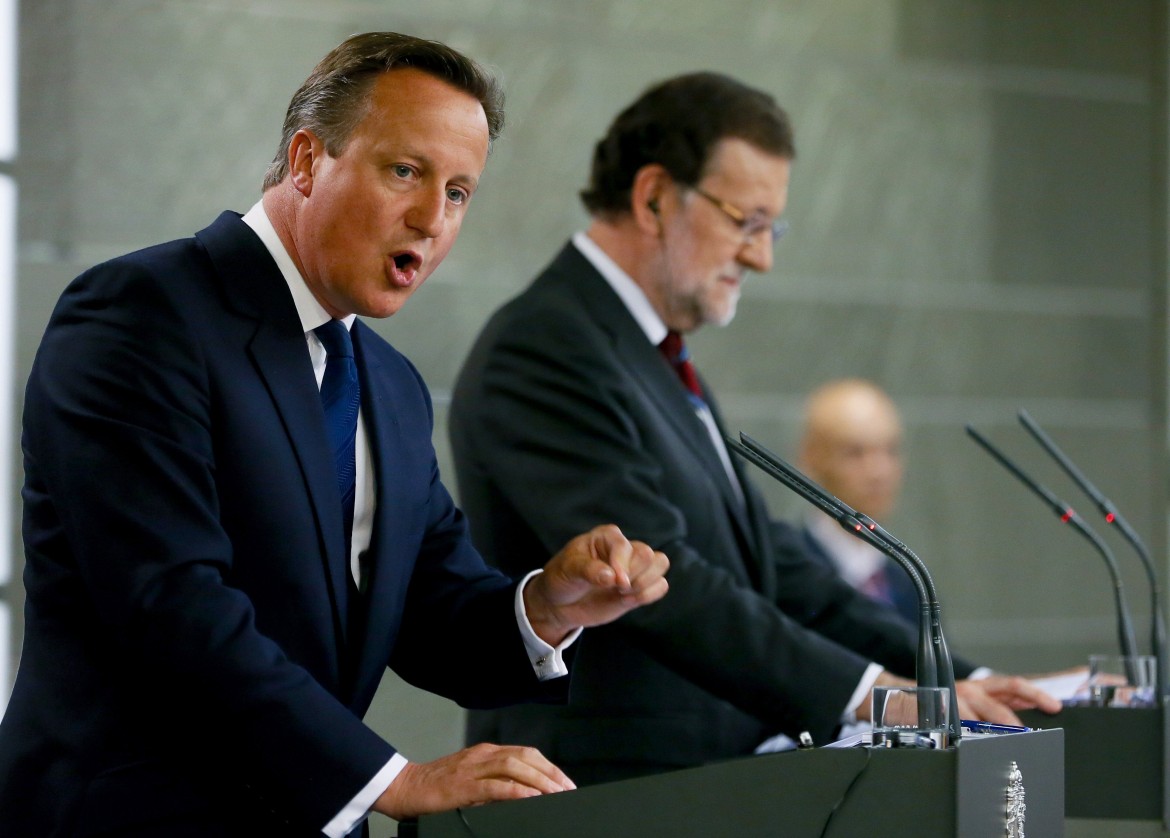Commentary
Europe weak with the strong, strong with the weak
Even if a Brexit is avoided, the quarrels that plague Europe will continue without a coherent foreign policy.

“I did not want this!” God cries out, in the great drama The Last Days of Mankind by Karl Kraus, before the whole world destroys itself at war.
“We did not want this!” the heads of government will cry in Brussels, Berlin, London, Paris, Rome and other European capitals when the E.U. inevitably falls apart. But at that point, who really wanted it in the first place, and what actually will have caused the outcome?
Before sketching an answer, let’s remember Salvini, Farage, Grillo and all the other agitators. Remember the 70 million dead during World War II and more than 20 million during World War I who pushed in the direction of European unification — and this after three centuries of incessant conflicts in which every country fought against the other.
Europe has nothing to teach on the subject of peace, solidarity and rights, because until 70 years ago, it was the most deadly continent in history. And today, it begins to writhe again in conflict, closures, threats and resentments as if it had forgotten everything.
Let’s understand each other. Maybe a last-minute agreement with British Prime Minister David Cameron can be arranged. But the same snags will resurface because the reasons of the crisis are systemic, and they do not depend only on the rashness of the British prime minister, who launched the Brexit threat exclusively for domestic political reasons.
The fundamental reason is that the E.U. lacks a common political social project. All its members are bound to local logics, to petty national political dividends, in a phase of stagnation and economic uncertainty that radicalizes each choice. In this sense, Cameron, undoubtedly one mediocre politician, is no longer responsible for Angela Merkel, François Hollande and everyone else.
Consider the issue of refugees. If the E.U. had a thread of a common basic foreign policy, and were not dependent on the neo-imperial impulses of Cameron and Hollande or the anti-Russian Americans, it would have addressed the refugee issue years ago, and not suddenly in August 2015, as Merkel did. I would not entrust to Turkey’s Recep Tayyip Erdogan all of Europe’s refugee policy, granting him, in addition to €3 billion, a free hand against the Kurds and in Syria.
A common European foreign policy would have especially faced the human and social issues of refugees, from Syria and other countries at war, in solidarity, distributing equally the shelter quotas among the various countries of reception and working on the social integration of foreigners who, in the long run, would have surely been beneficial for its economy.
But no. Weak with the strong and very strong with the weak, the E.U. gave Cameron a referendum that was denied to Greece in the past. It sketched a refugee relocation plan that blatantly failed. And now it has to digest the closure of borders in Austria, Hungary and other Balkan states, which will then have a chain reaction across the continent. Instead of creating a social security plan for all members, it rushed to allow the hyper-liberal Cameron a reduction in benefits for E.U. migrants in Britain. Meanwhile, refugee landings in Sicily have begun again, and some have already drowned, even though good sailing season is upon us. The situation in Syria and Libya is increasingly explosive.
Almost 70 years after the first European treaties, this is the reality of the old continent. If tens of millions of deaths in European wars are not a good argument for continental solidarity, will tens of thousands of drowned migrants be enough?
Originally published at http://ilmanifesto.info/europa-debole-con-i-forti-fortissima-con-i-deboli/ on 2016-02-20
